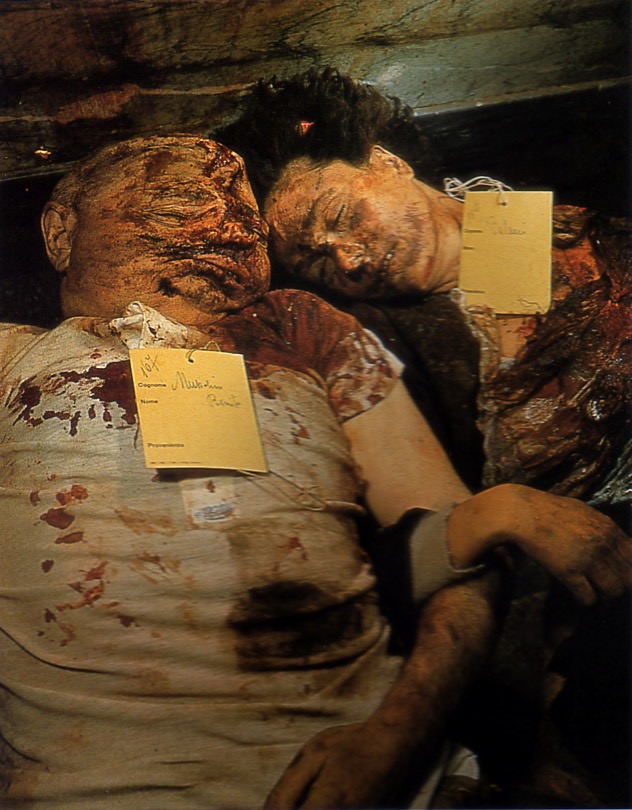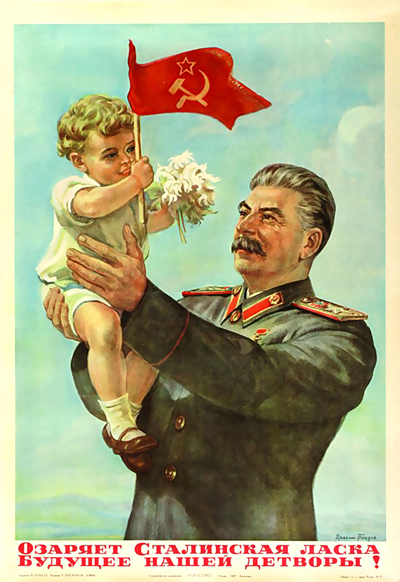Just to preface this, I am not an Ultra or LeftCom and I’m certainly not here to argue in bad faith. I have been told by people more well-read and educated than me on the topic that China is a DotP. While I’m sure they may be right I just can’t recall the reasoning and I’m having some trouble reaching that conclusion on my own (beginner Marxist) so I thought maybe someone here could enlighten me through a more educated perspective.


Well, one needs to understand China’s political system. To do this, we first need to understand the core of state power itself, how the CPC holds grasp of this system and how the CPC itself is organized. Secondly, we must look at how all this plays out in practice. (I’m in the middle of reading a couple books and documents on the topic so some of what I’m saying may be outdated or incorrect)
As for the core of state power, it’s very similar to other ML countries throughout history and currently, to run through it quickly: Fundamentally, the core of state power lies in the “People’s Congresses” which are organized in a pyramid structure with the National People’s Congress at the top. At the lowest and second lowest level of people’s congress (town level & county level), delegates are elected directly by the populous via secret ballot. People’s Congresses on higher levels than this are made up of delegates who are elected by the People’s congresses below it. All these delegates are subject to recall by their constituents at any time. Moreover, delegates cannot be trialed for their speech, they are obliged to hear the opinions of the public and make their work publicized through media and other channels (which is why you will see “law rundown” programs on chinese state television).
Now, the CPC holds a very firm grasp of this state structure. Going into exactly how it holds this grasp is quite complex, but basically: it’s status as ruling party isn’t formally enforced, but it instead recommends candidates and legislature to the government, and these recommendations usually pass without a hitch because the government has so many CPC members.
(The source for everything mentioned above is the book: “China’s political system” by Yin Zhongqing)
As for how the CPC itself operates and is subject to the proletariat, I’m still in the process of studying it, but I can provide some sources which may be interesting. I would recommend this talk as an introduction (I disagree a bit with his analysis, specifically he tends to boil a lot down to cultural differences between west and east). For a more in depth look, you can check out this infographic explaining the CPC structure. When reading it, note that you shouldn’t confuse party congresses with the aforementioned people’s congresses.
So how does all this play out in practice? Thankfully, with China’s political system it’s a lot easier to prove that it works than to explain why it works. First off, there are countless studies from various sources which show that China’s government approval is among the highest, if not the highest in the world, including this, and some other sources which I don’t have on hand at the moment. Government officials are routinely held accountable. As Eric Li said in his talk, in order to become a prominent CPC member you will need to go through extremely rigorous inspection and public scrutiny. The result is that corruption gets curbed the higher up you go in the party. There’s lots more to say on this point, but yeah that’s basically it.
Thank you for this response! This was very helpful.
This is a great example of what an actual democracy needs